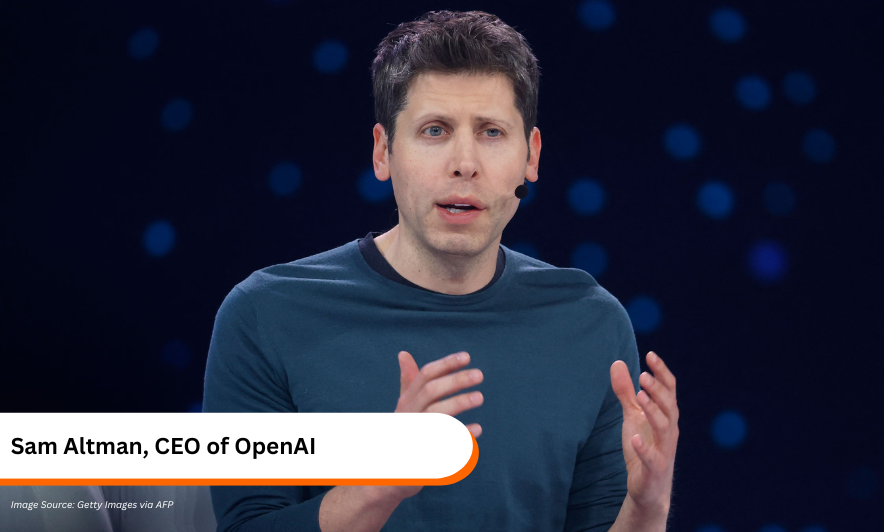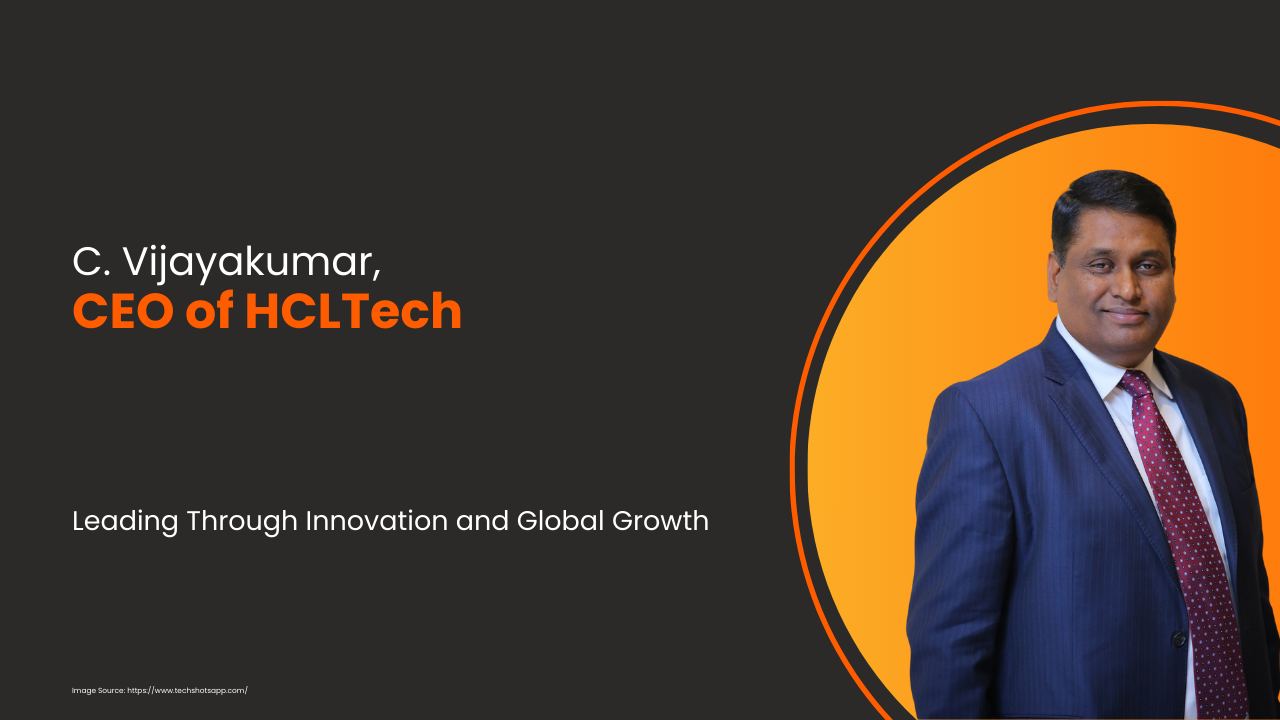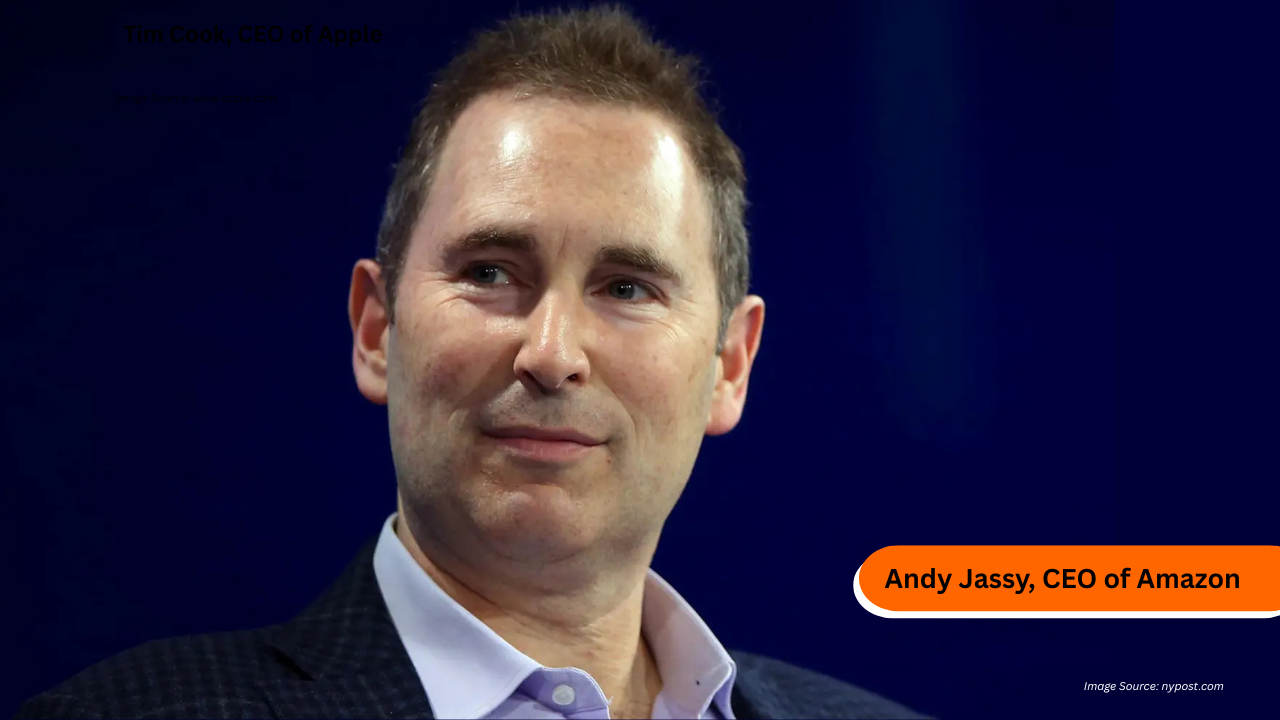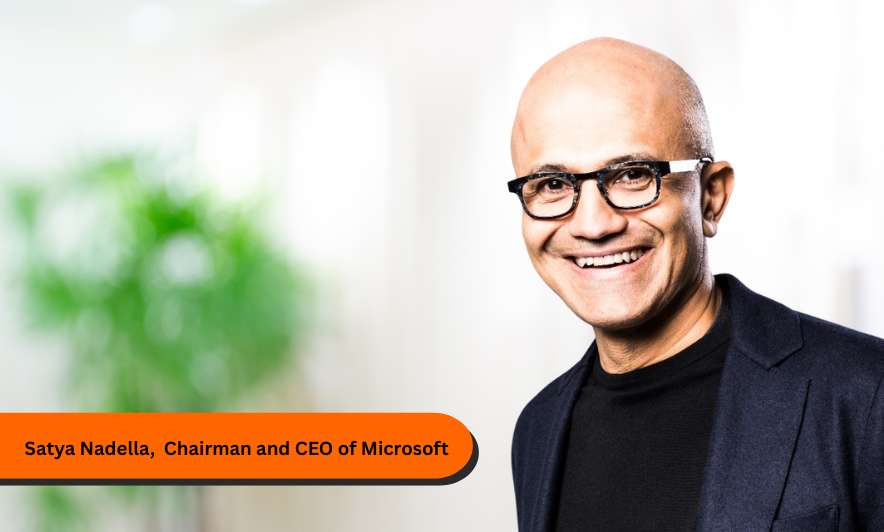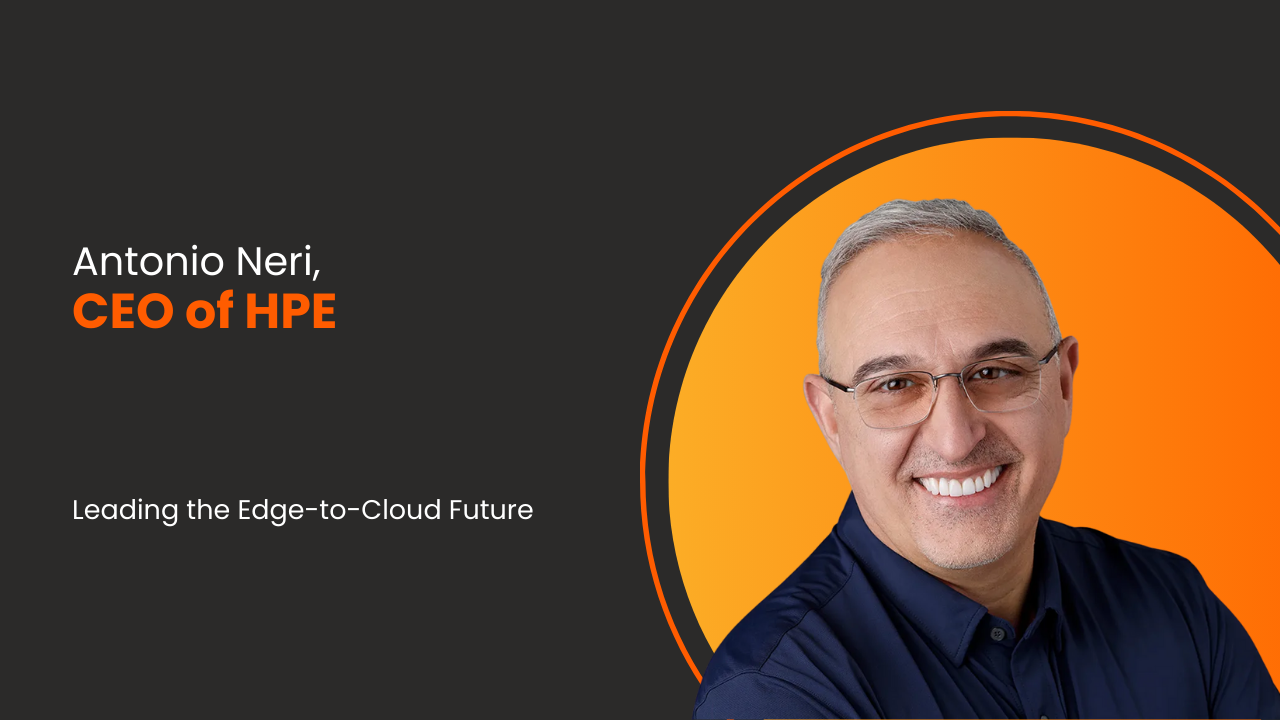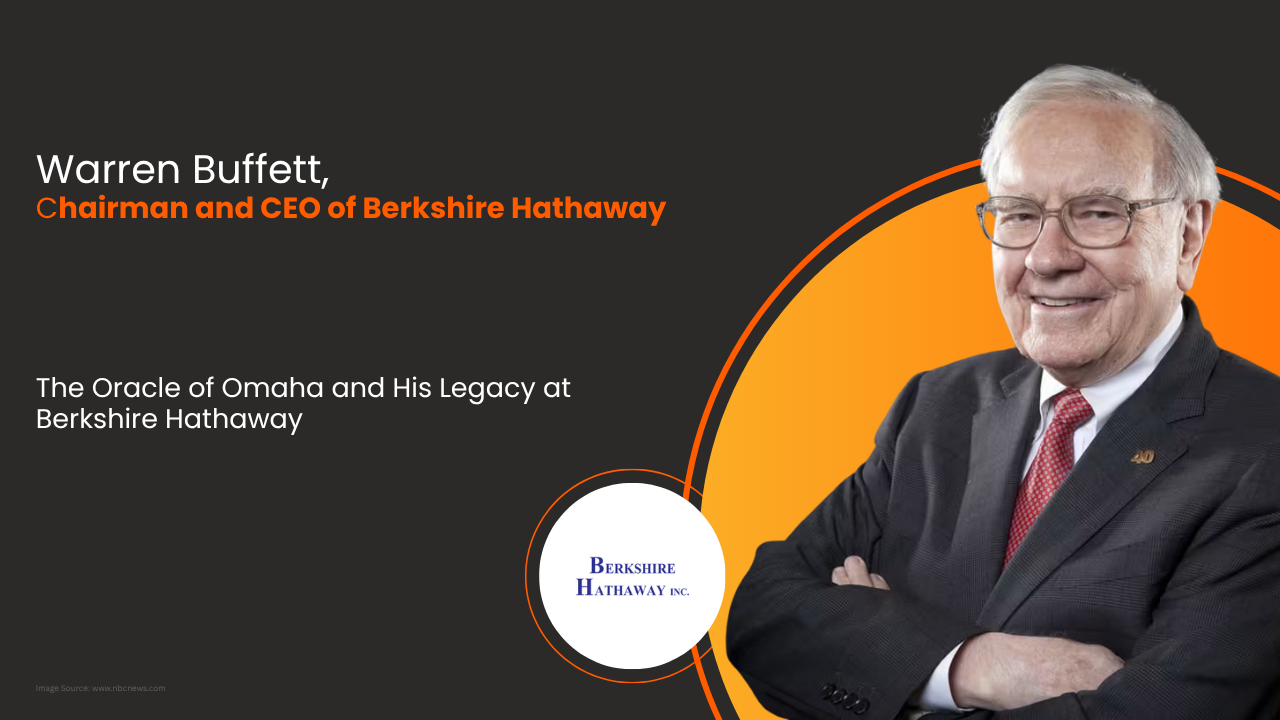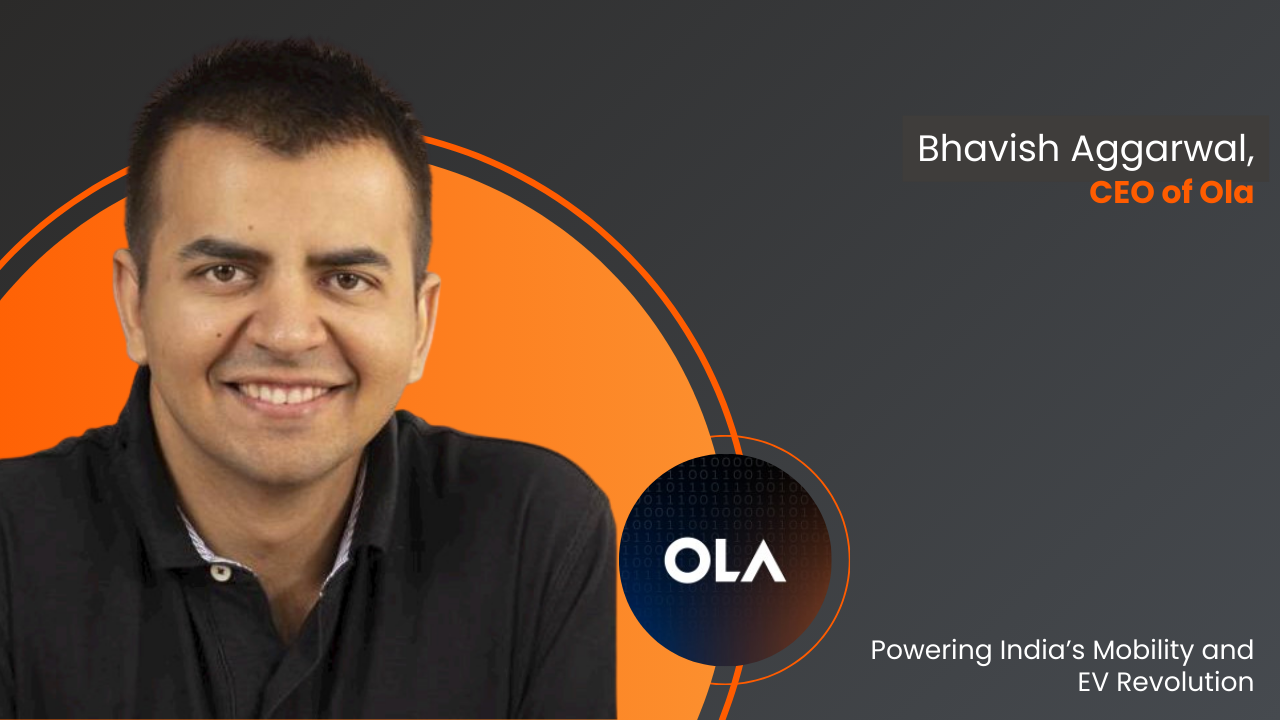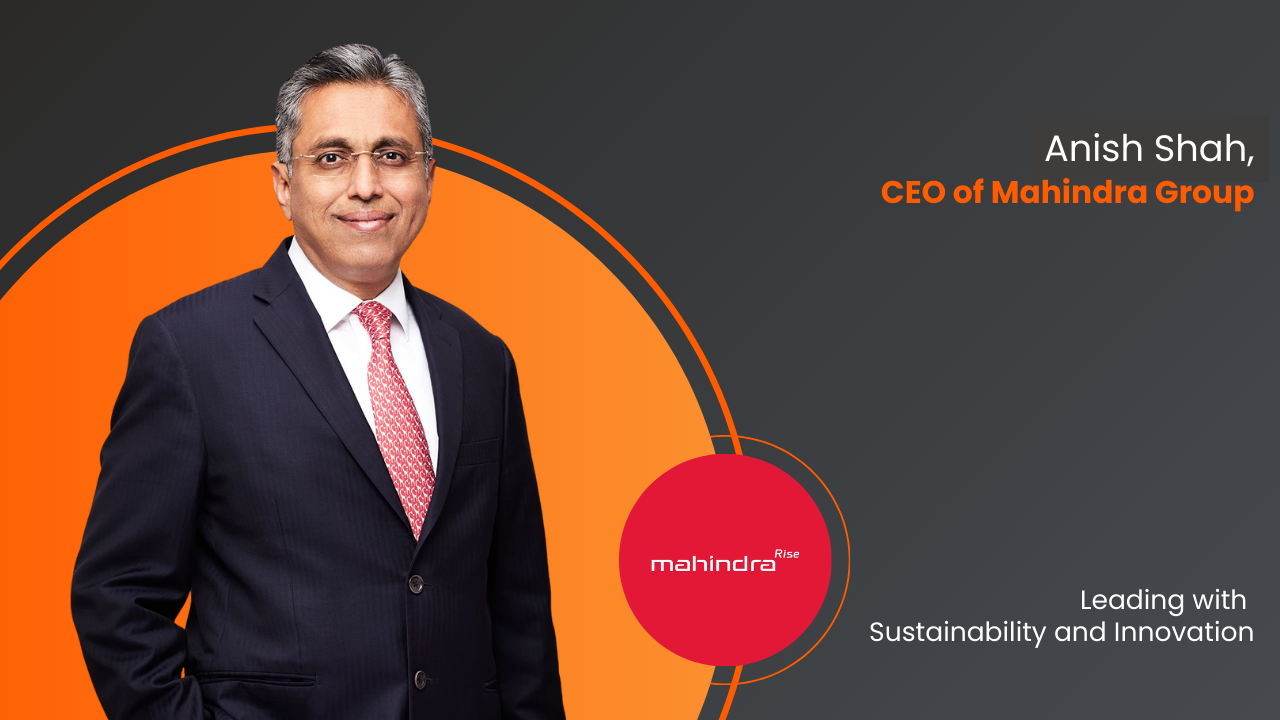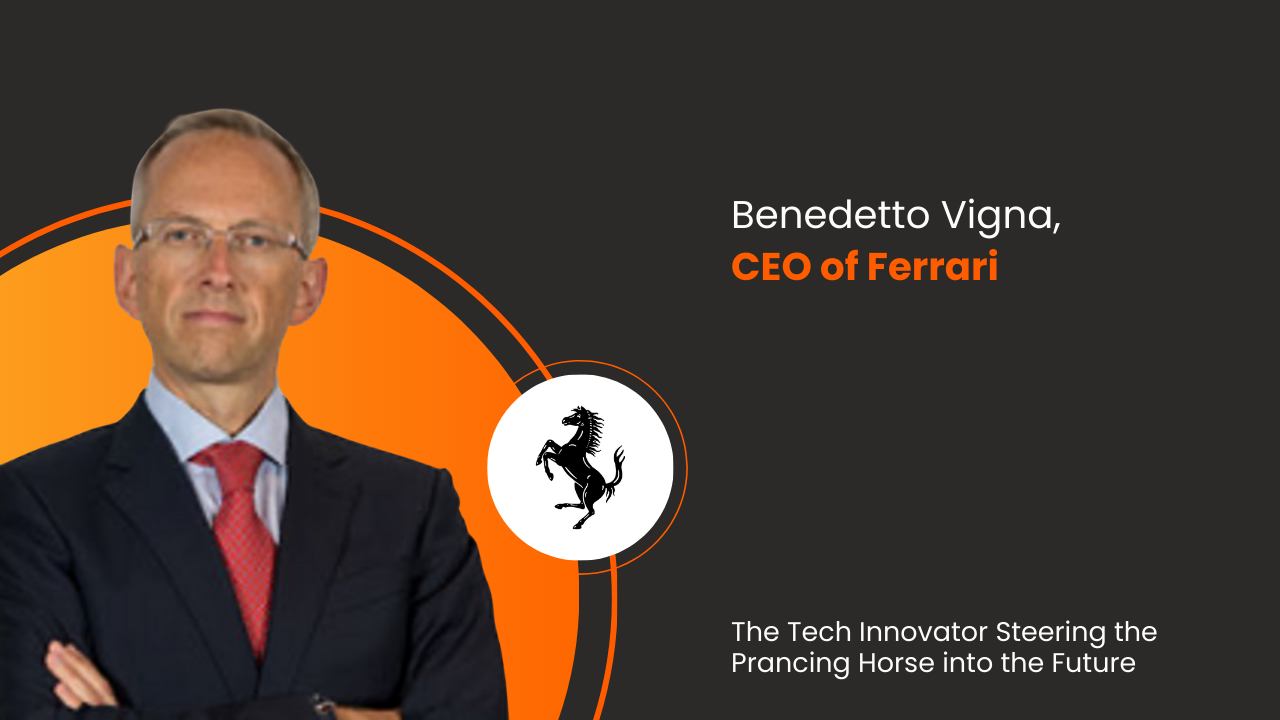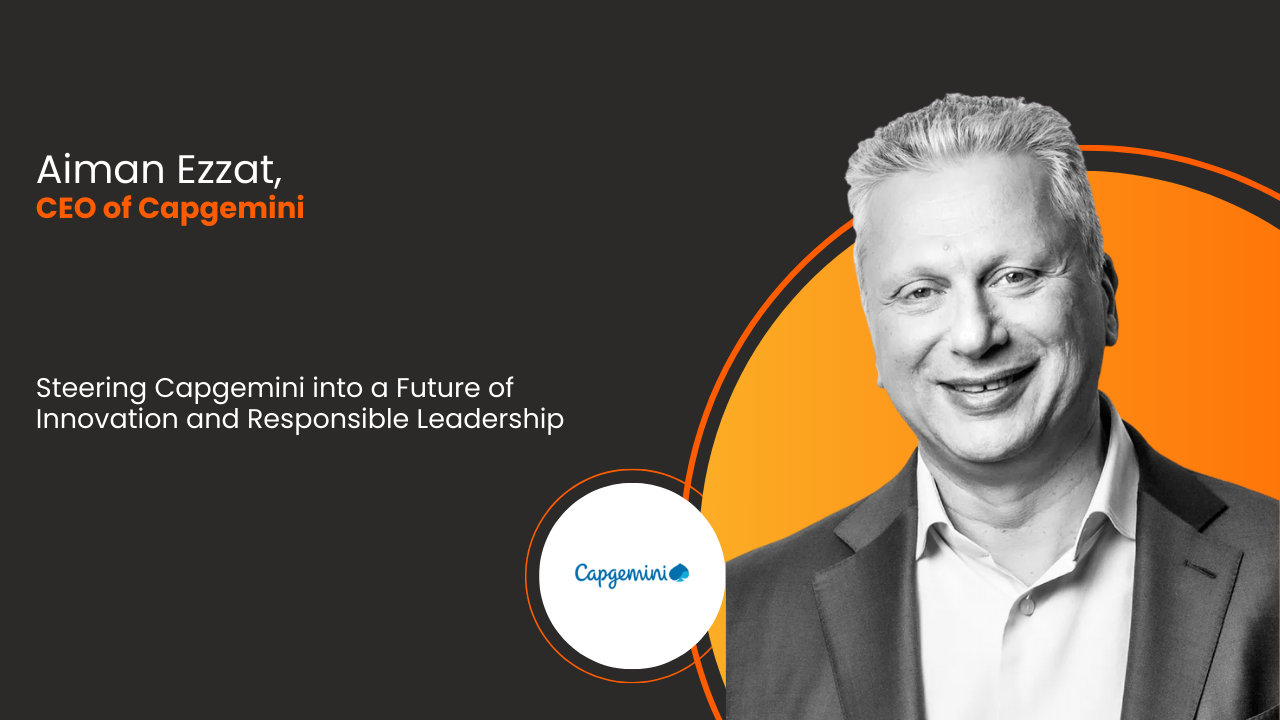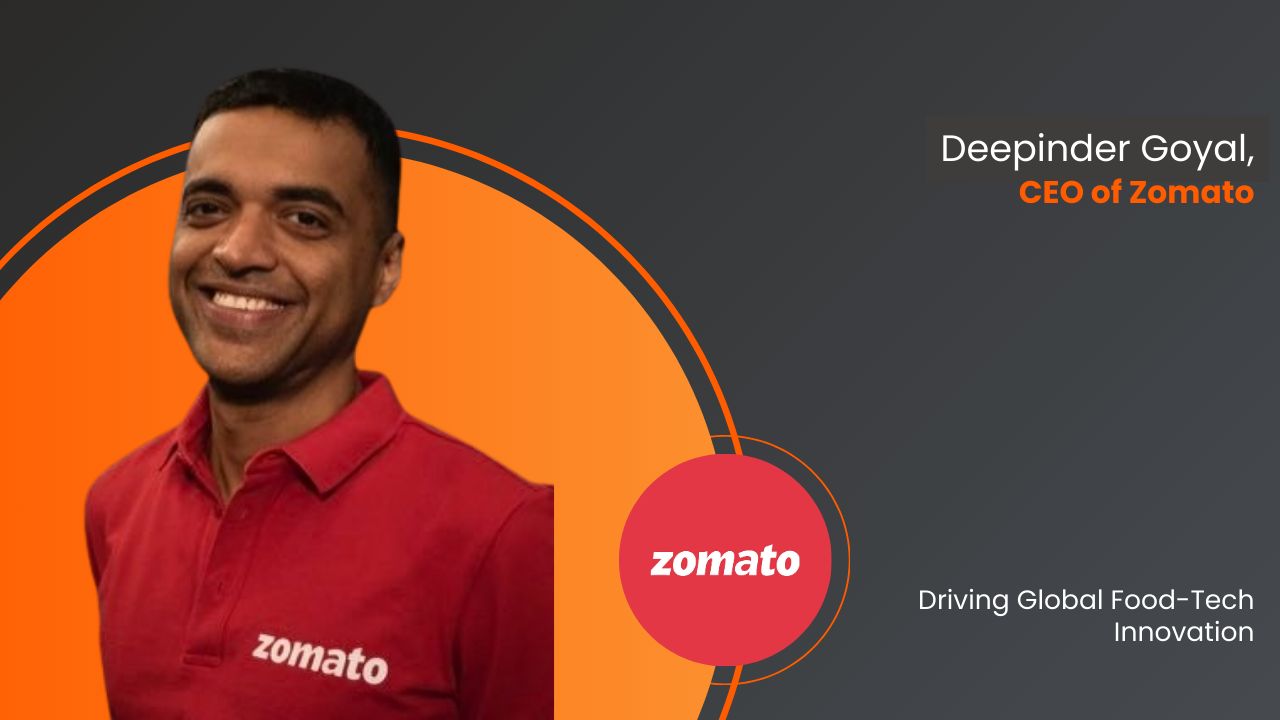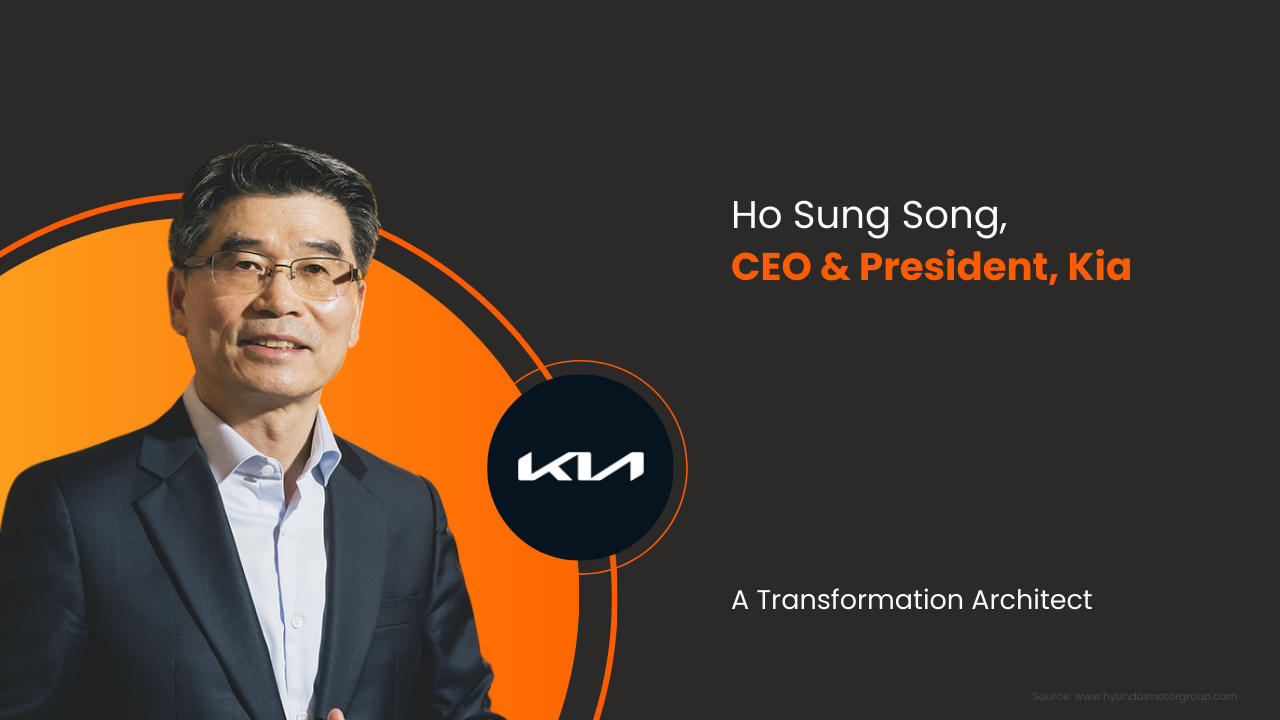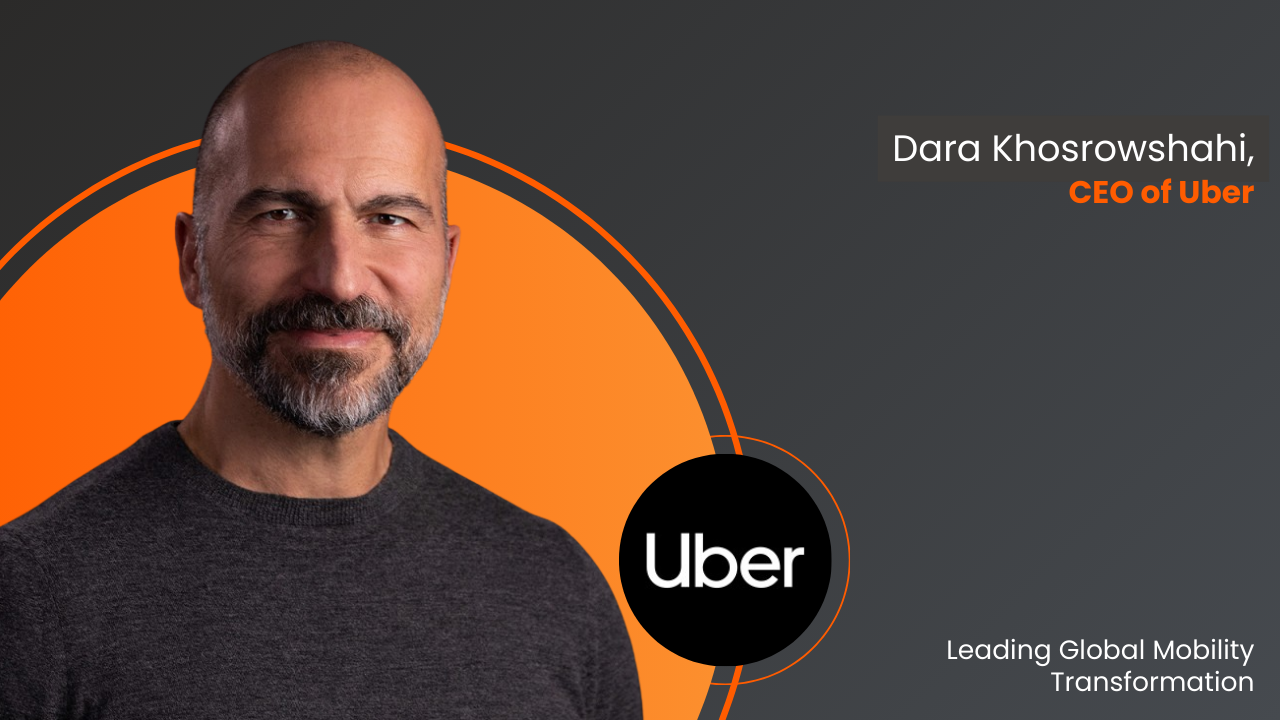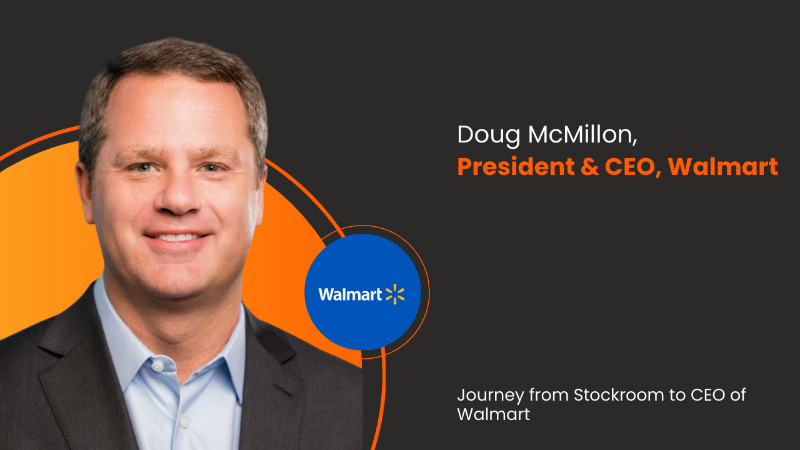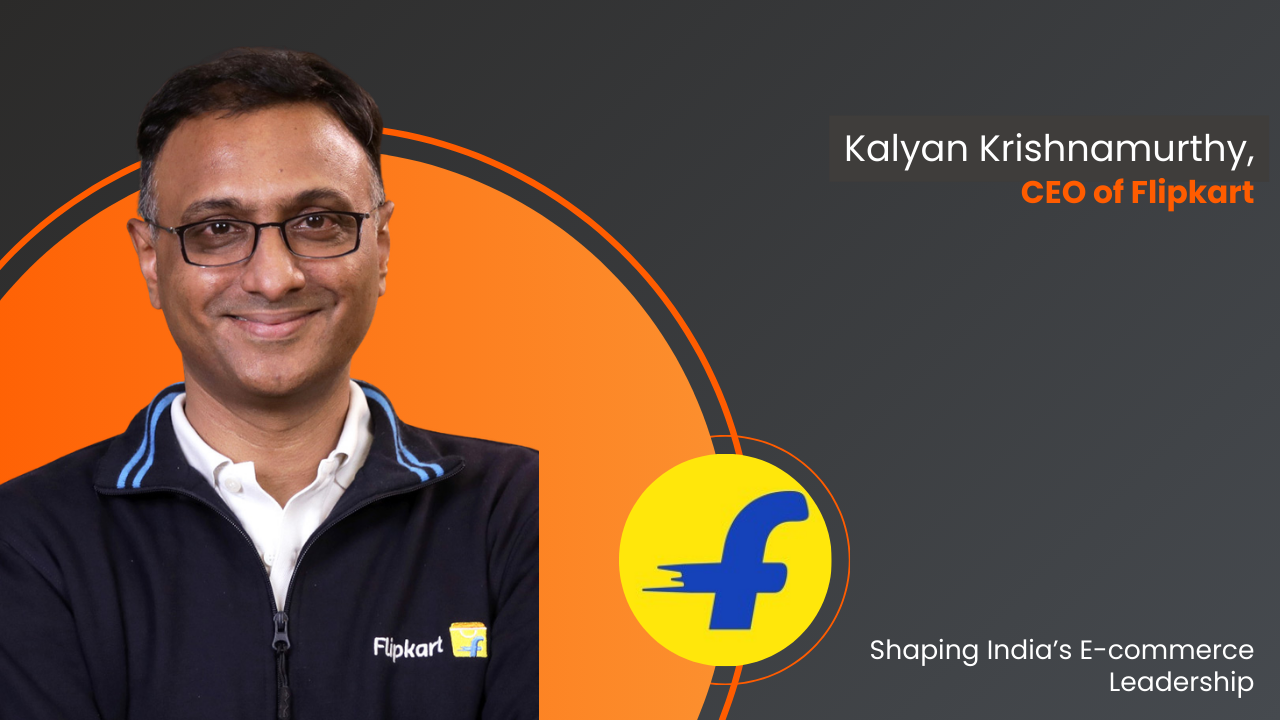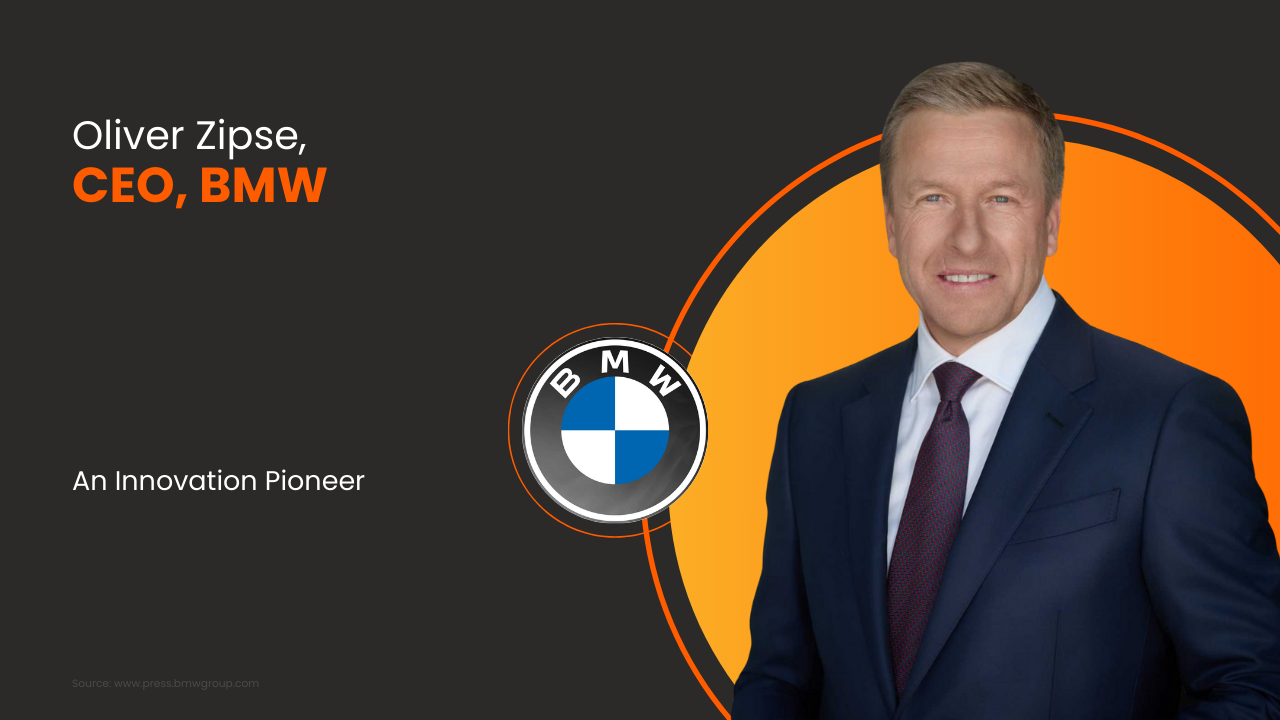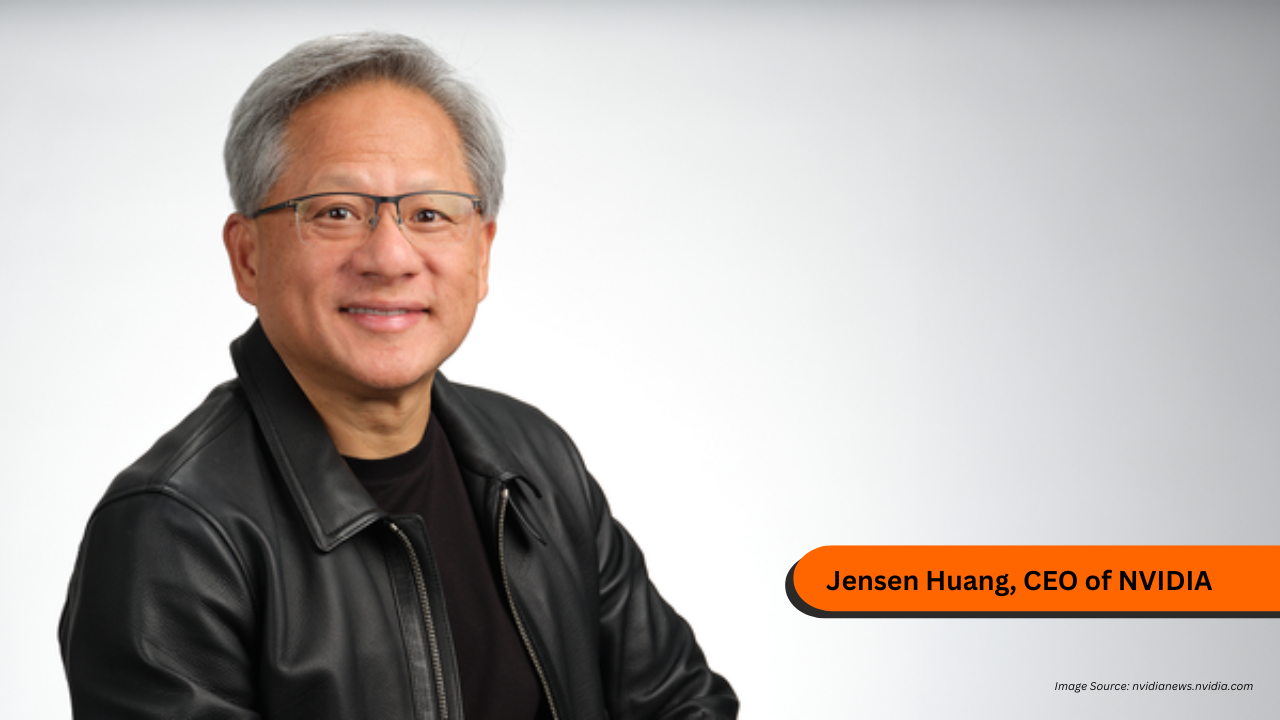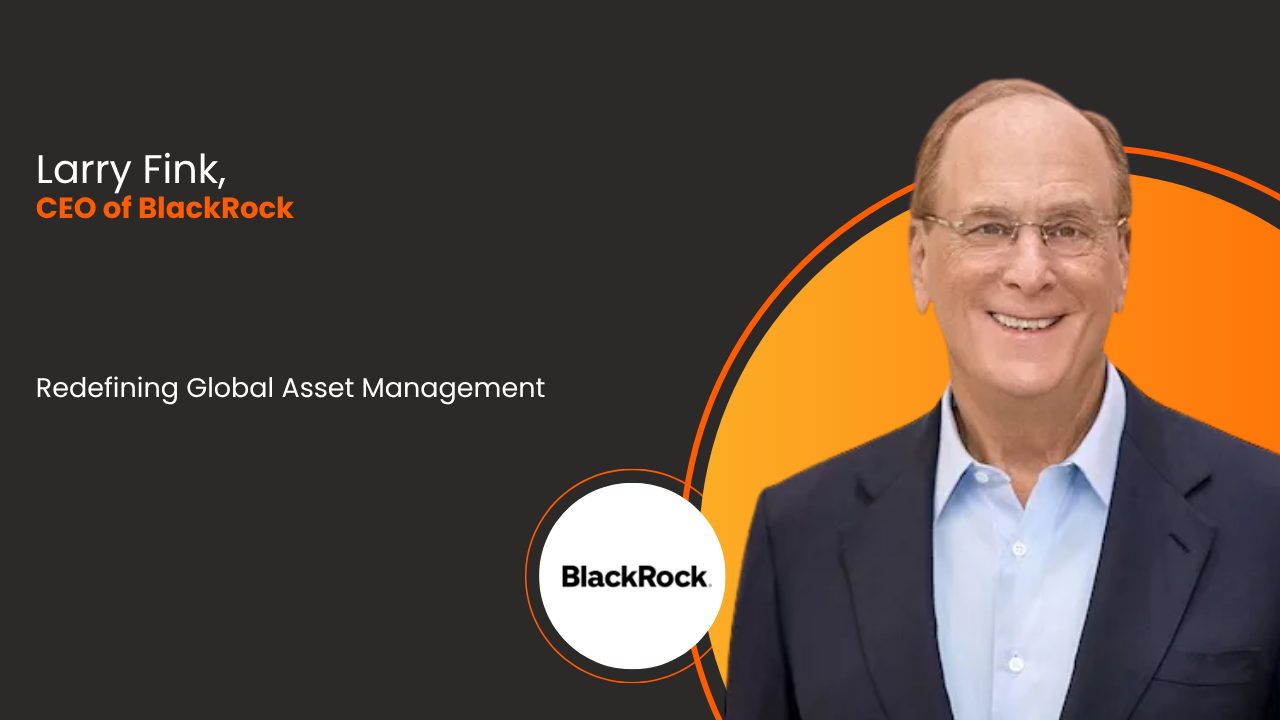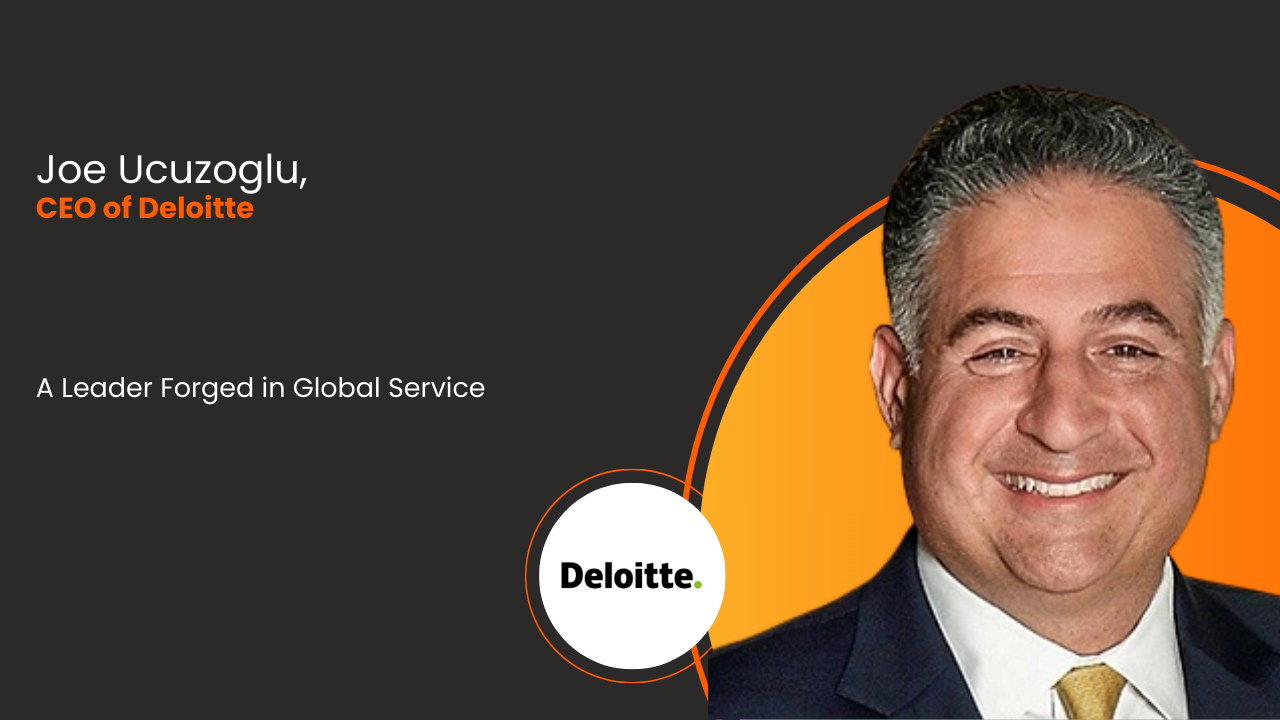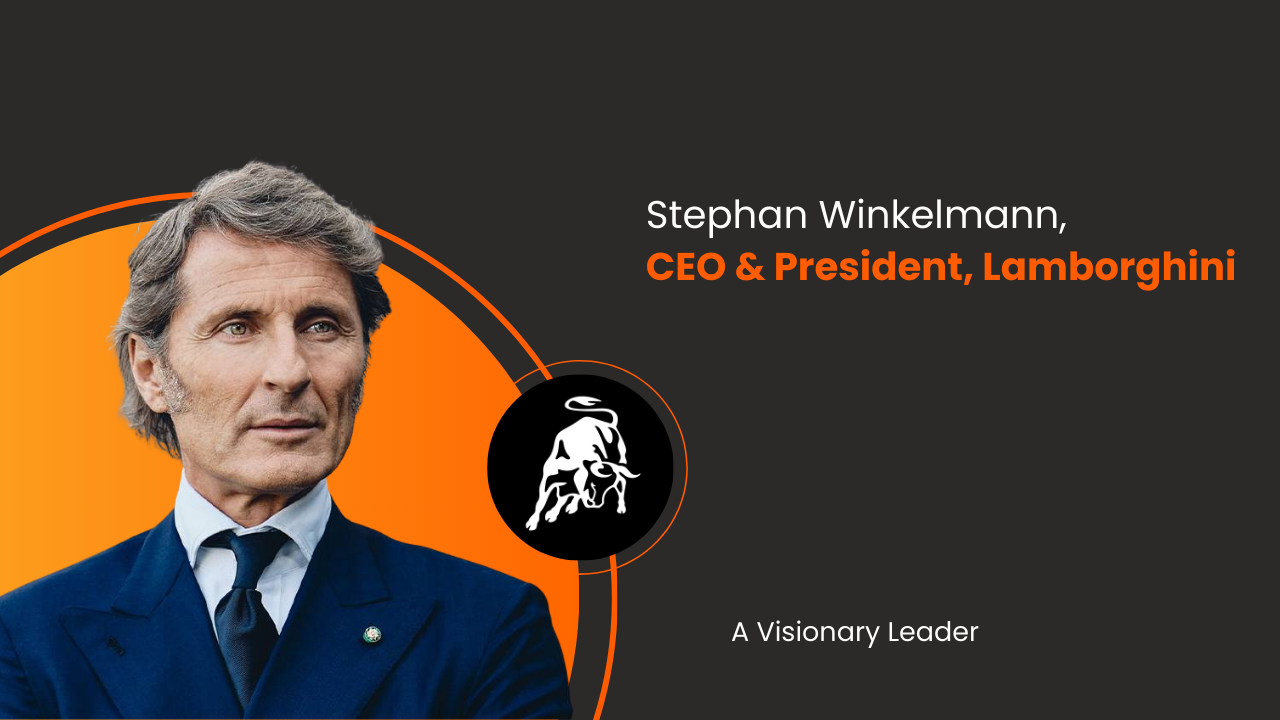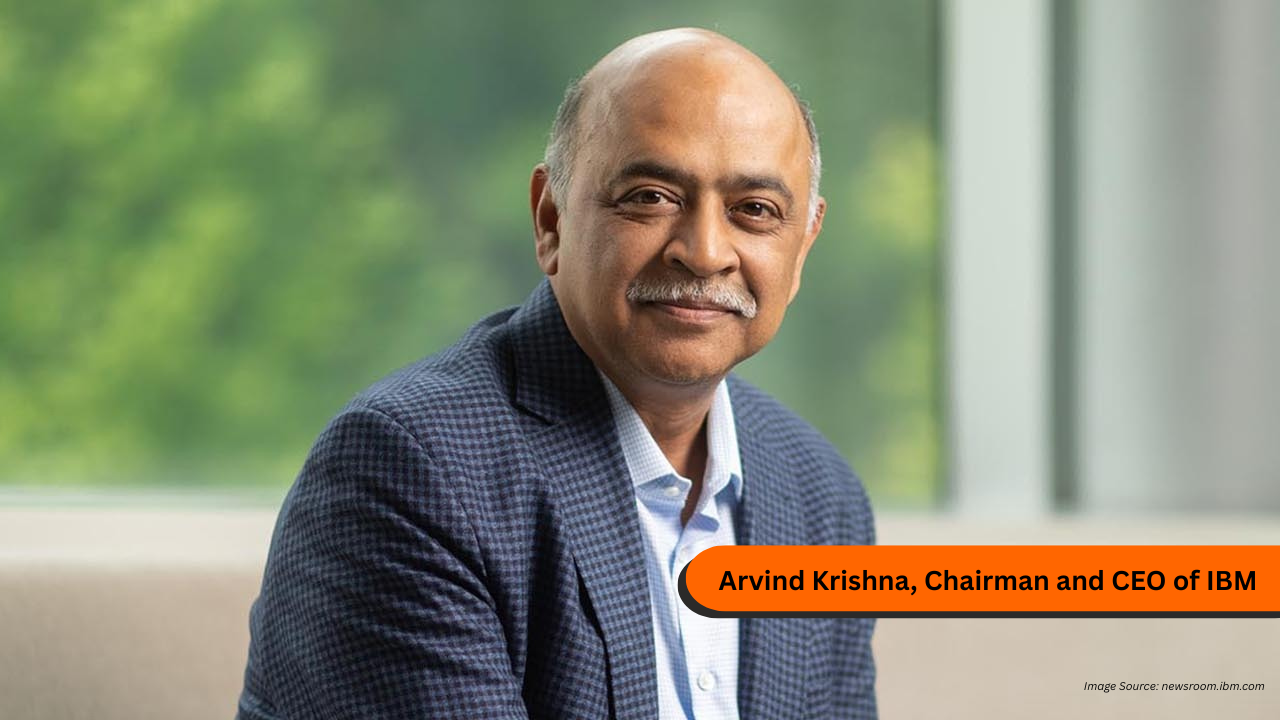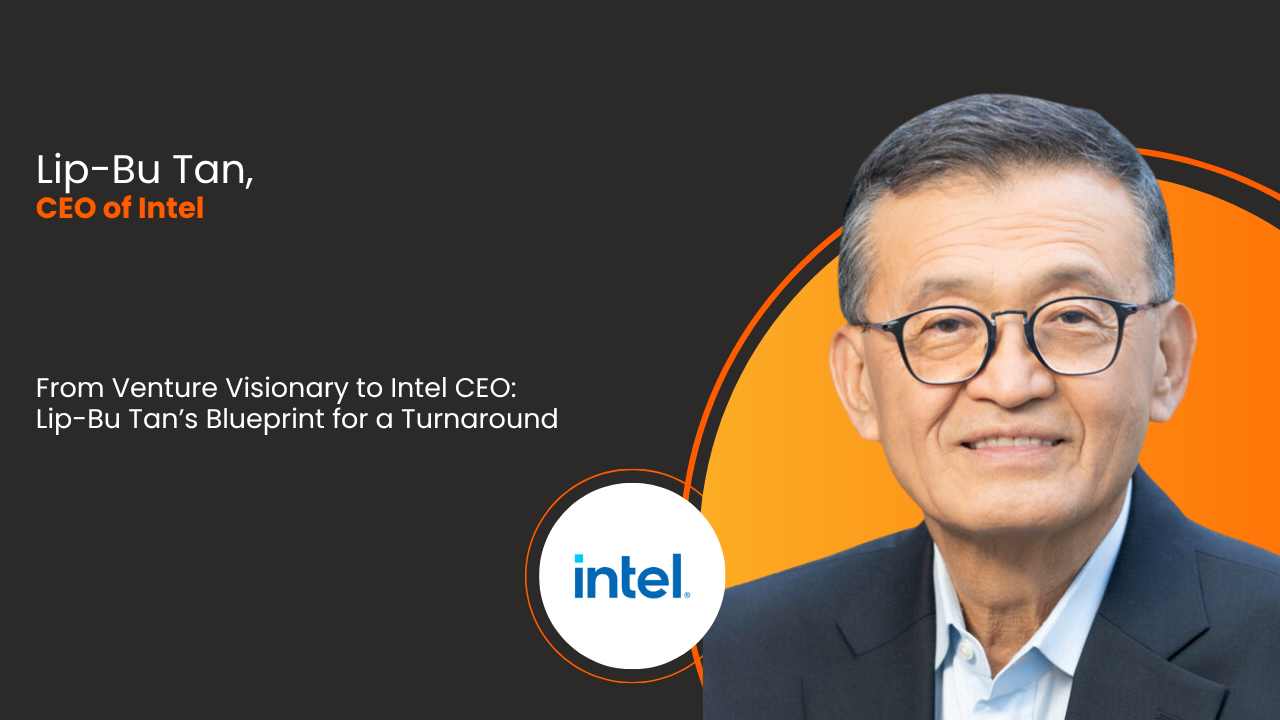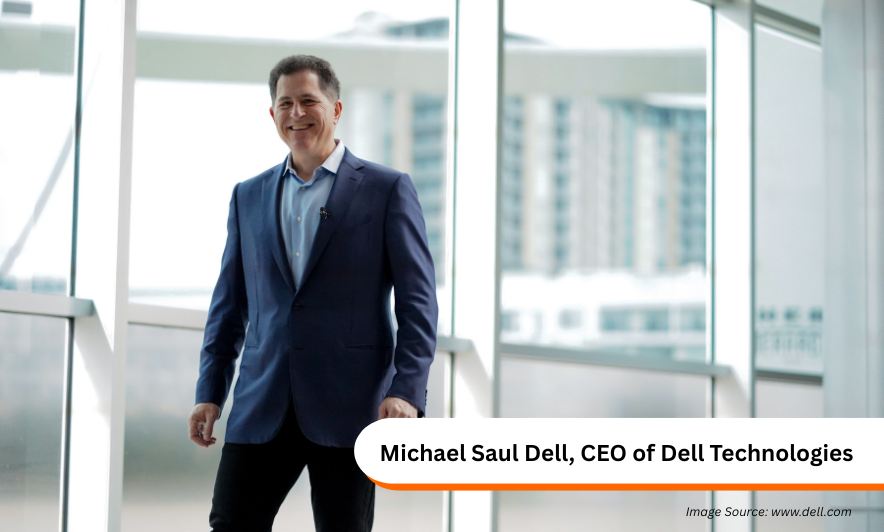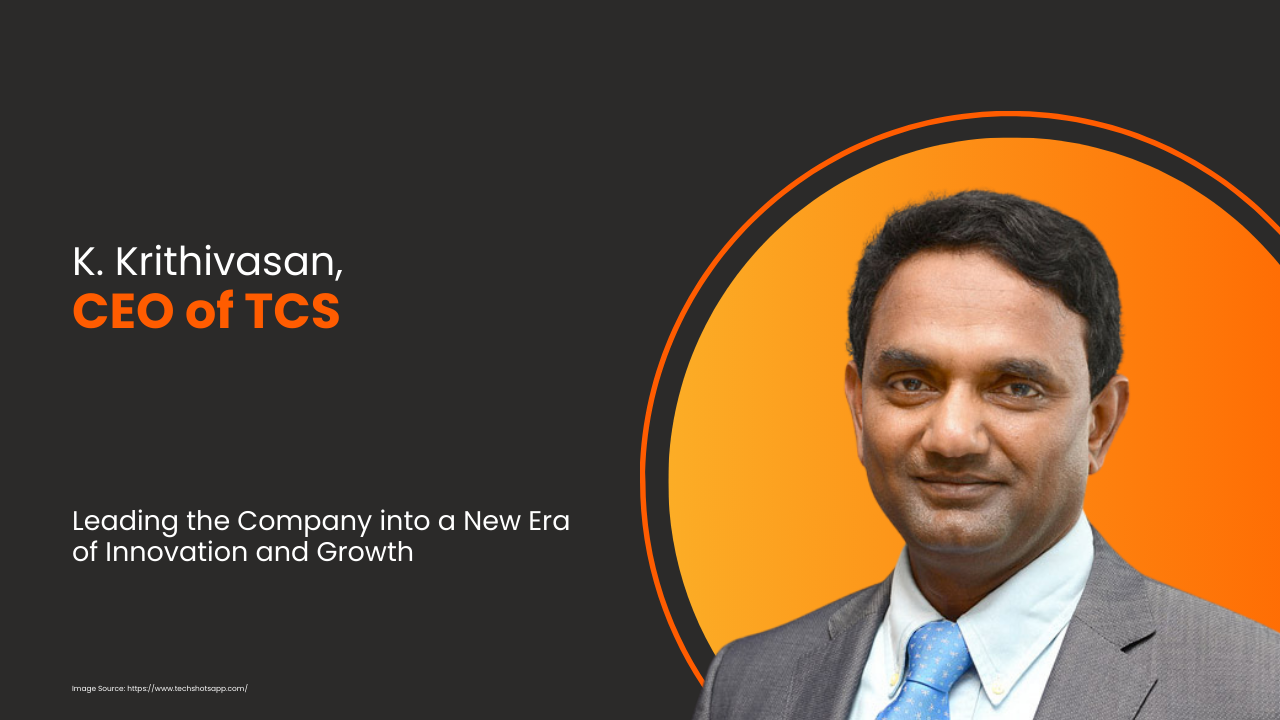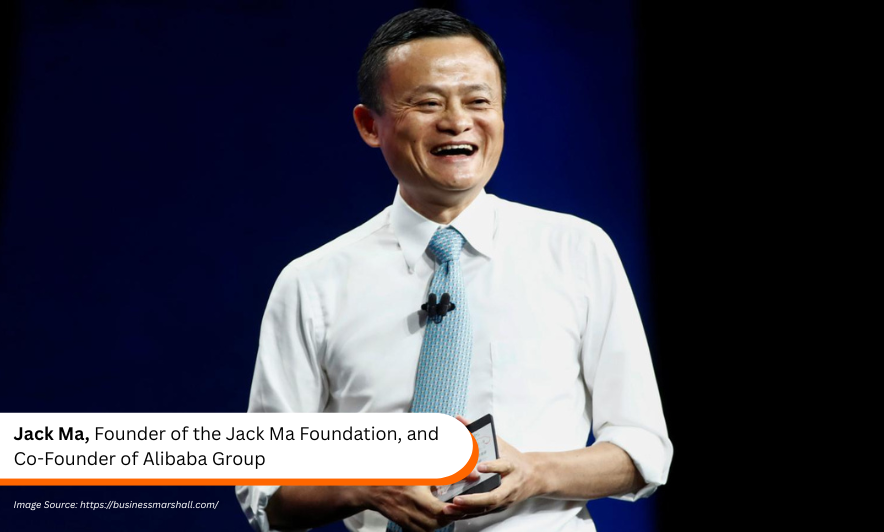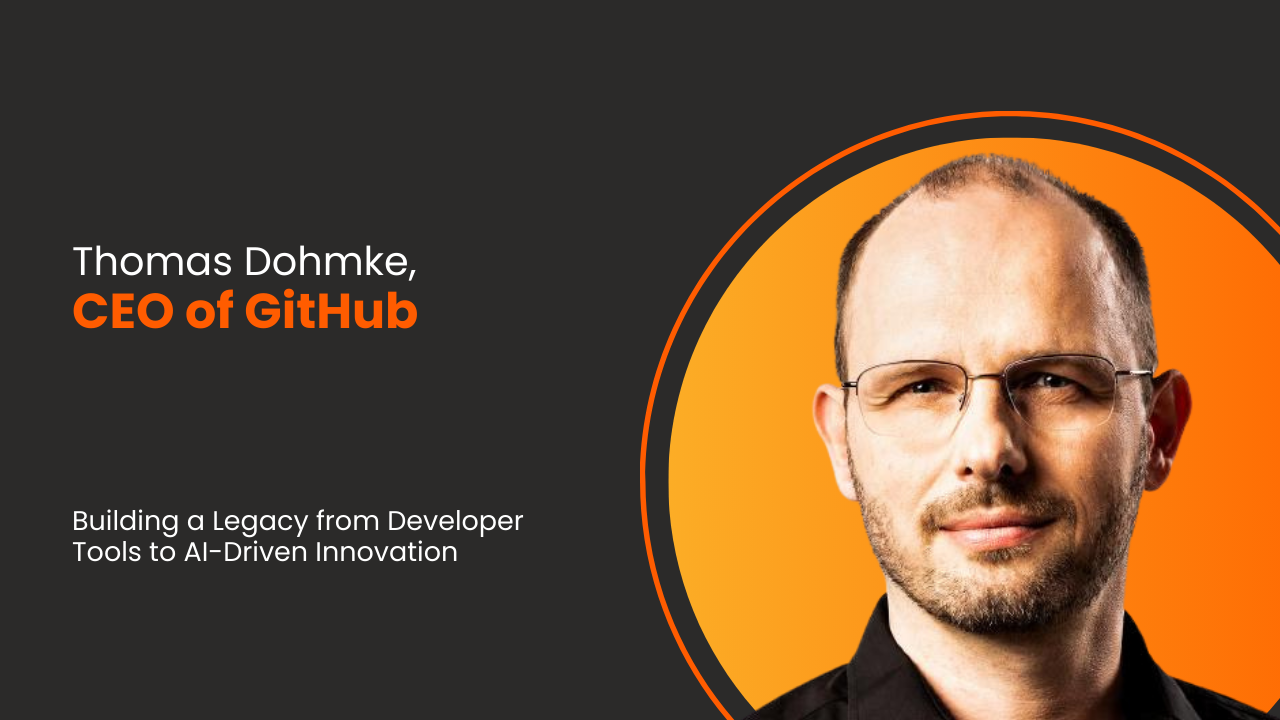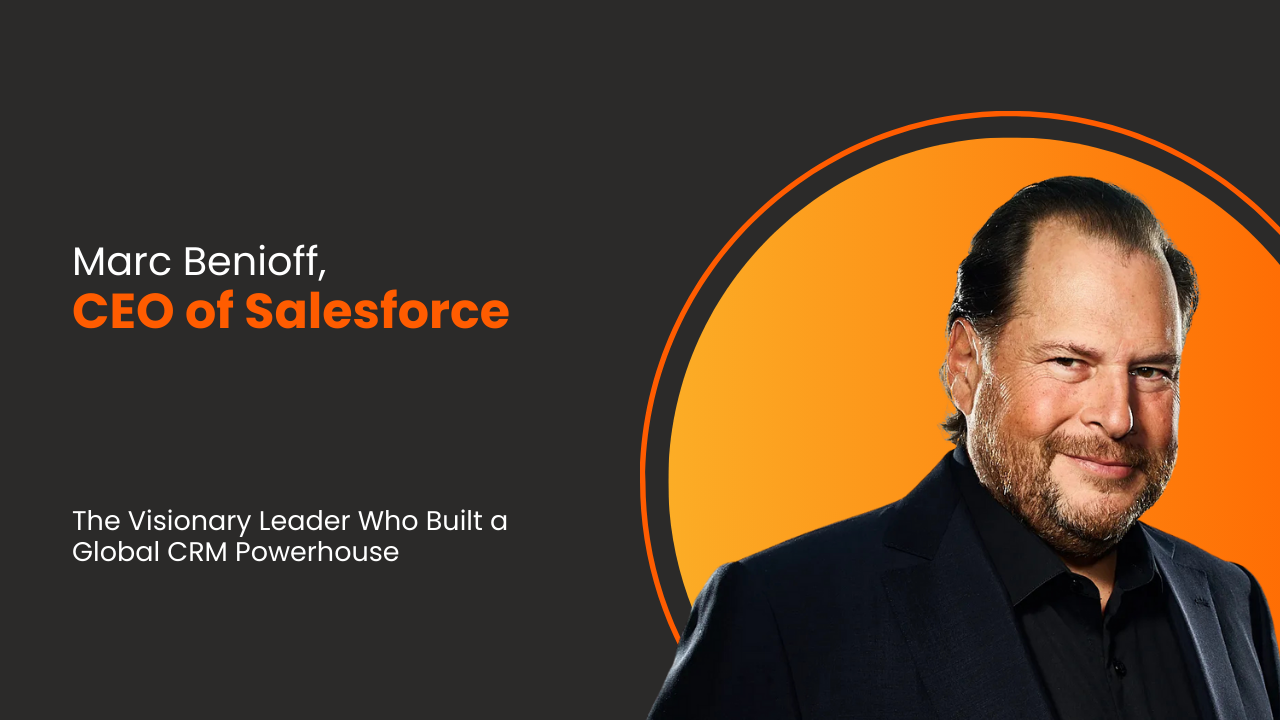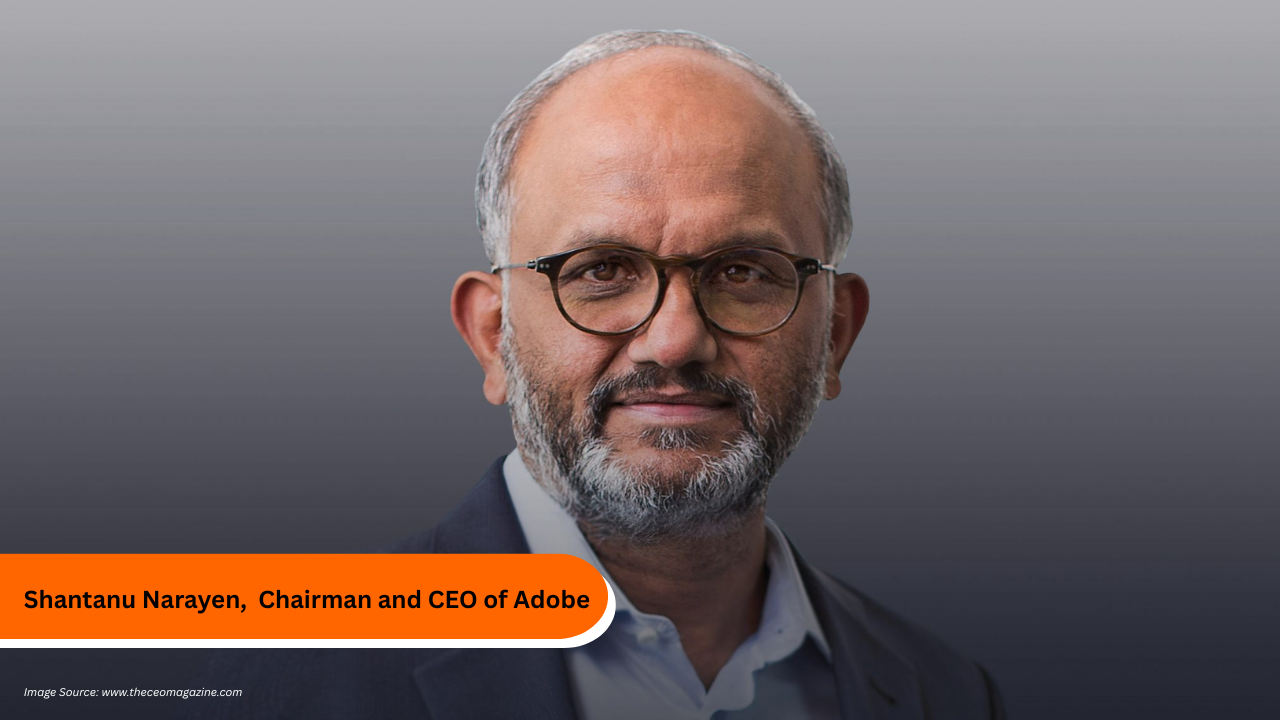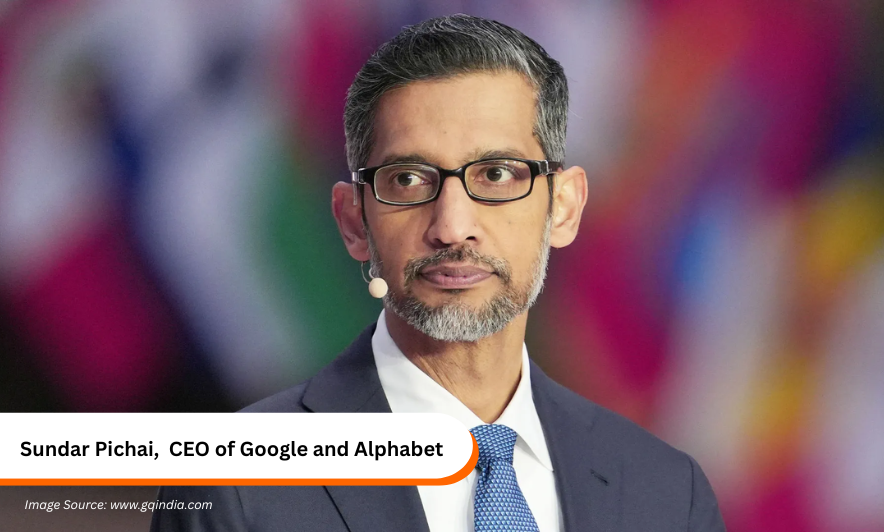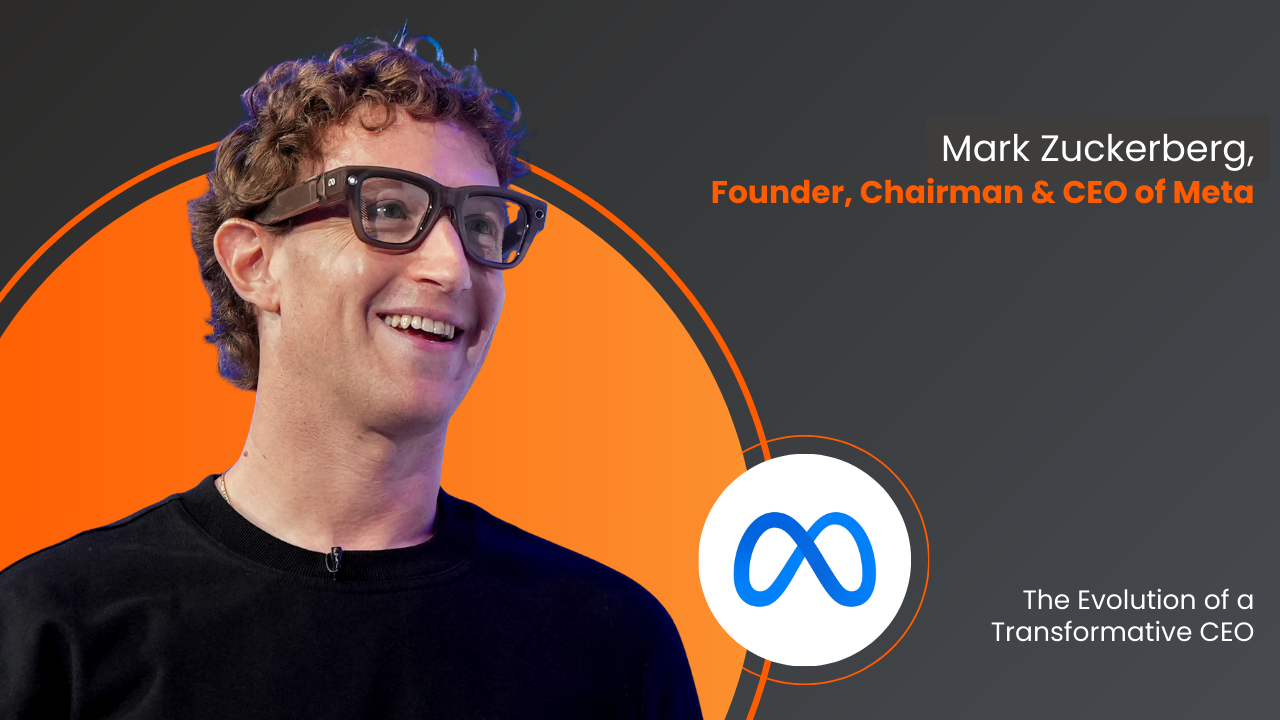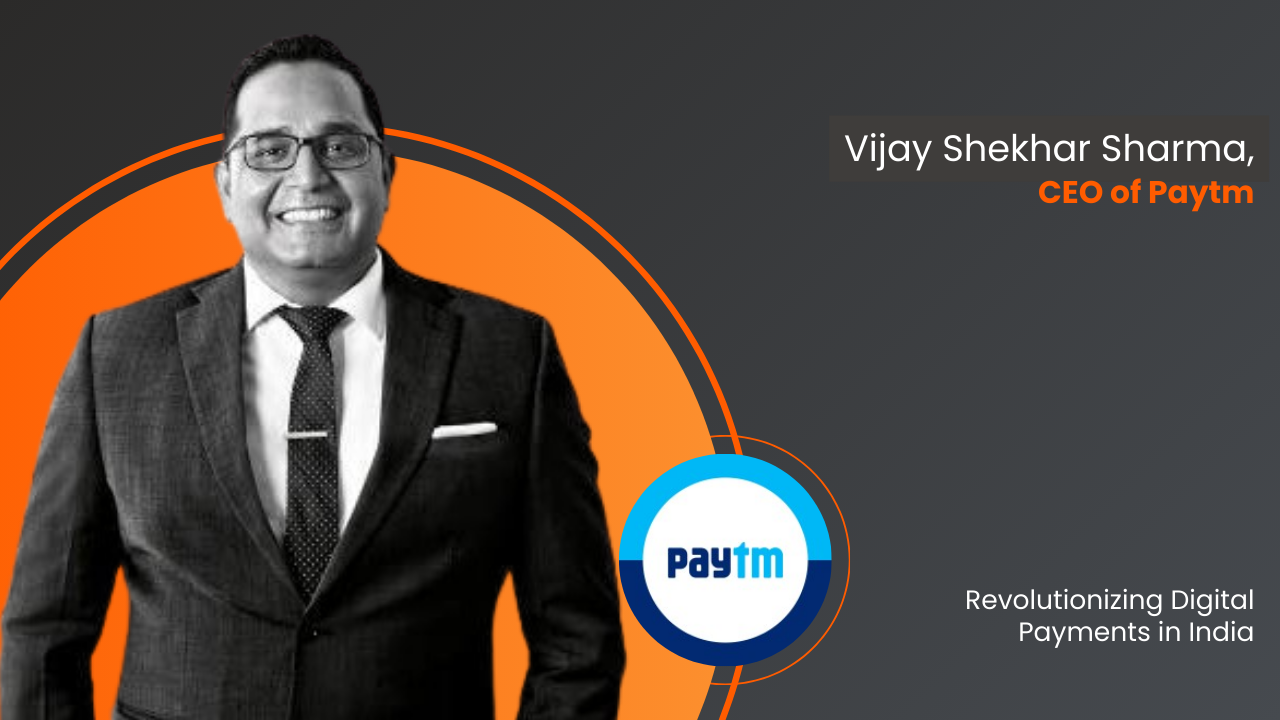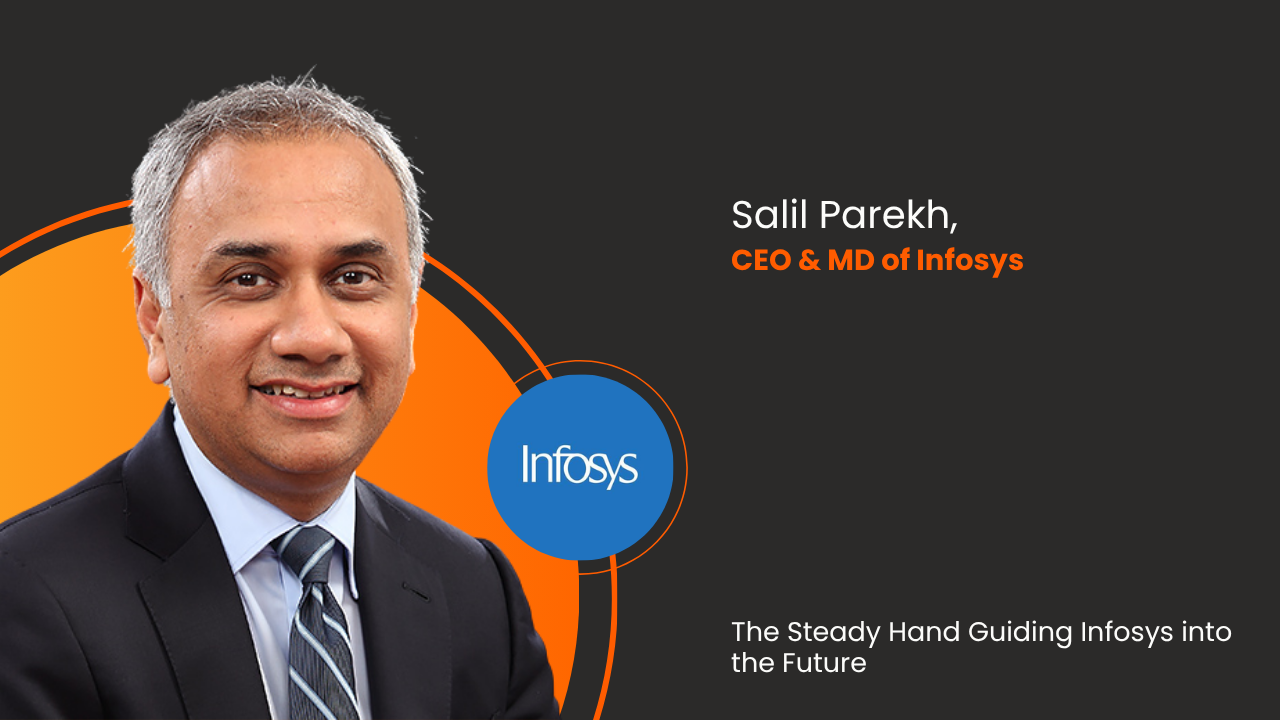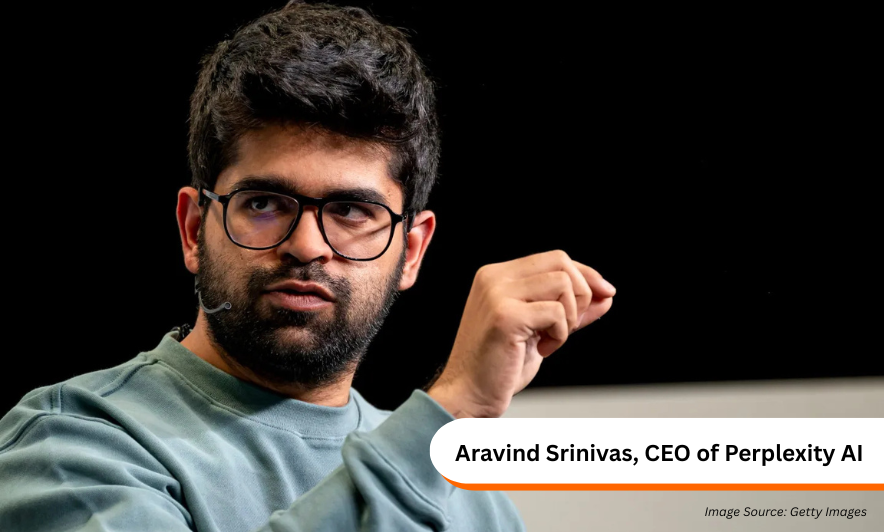Sam Altman, CEO of OpenAI, is a leading figure in the advancement of artificial intelligence. A Stanford dropout and successful entrepreneur, he first rose to prominence as president of Y Combinator before co-founding OpenAI in 2015. Under his leadership, OpenAI has developed groundbreaking models like GPT-3, ChatGPT, GPT-4, and GPT-4o, while forging major partnerships and advocating for responsible AI governance. Known for his blend of technical vision and societal focus, Altman continues to shape how AI is built, deployed, and regulated to ensure it benefits humanity.
Sam Altman has emerged as a central figure in today’s tech landscape. As CEO of OpenAI, he’s helped steer the company through some of the most significant developments in artificial intelligence in recent years. With roots in the startup world and a growing interest in the societal impact of new technologies, Altman has played a key role in shaping how AI tools are built and used.
Early Life and Academic Background
Sam Altman was born on April 22, 1985, in St. Louis, Missouri. As a kid, he was drawn to computer learning to program and take them apart by the time he was eight. He went on to study computer science at Stanford University but left in 2005 to start a company instead.
Career Beginnings
Altman co-founded his first startup, Loopt, a location-based social networking app, around age 20. The company was part of Y Combinator’s first funding batch and was acquired by Green Dot Corporation in 2012. He later joined Y Combinator as a part-time partner in 2011 and became its president in 2014.
Rise Through Y Combinator
In 2014, Altman became president of Y Combinator, one of Silicon Valley’s most prominent startup accelerators. During his time there, YC expanded its reach by launching initiatives like YC Continuity, focused on later-stage funding, and YC Research. While many well-known companies like Airbnb, Dropbox, and Reddit came through YC before his tenure as president, Altman helped shape the accelerator’s growth in the years that followed.
His ability to identify talent, invest strategically, and mentor entrepreneurs gained him immense respect across the tech ecosystem.
Founding and Leading OpenAI
In 2015, Sam Altman co-founded OpenAI with Elon Musk and several other technologists, establishing it as a nonprofit research lab with the goal of ensuring that artificial general intelligence benefits all of humanity. In 2019, as OpenAI transitioned to a capped-profit model to attract investment while maintaining its mission, Altman became CEO of the new for-profit entity, OpenAI LP.
Under Altman’s leadership, OpenAI released a series of influential AI models:
· GPT-2 (2019): A large language model that brought wider public attention to generative transformers.
· GPT-3 (2020): A major step forward in language understanding and generation, with 175 billion parameters.
· ChatGPT (2022): A conversational interface built on GPT models that made generative AI widely accessible.
· GPT-4 (2023): A more advanced model with improved reasoning and, later in the year, multimodal capabilities through GPT-4V.
· GPT-4o (2024): A new multimodal model capable of processing text, vision, and audio in real time, designed to be faster and more accessible.
Helping OpenAI Grow Rapidly
Under Altman's leadership, OpenAI grew from a relatively small research lab into a major force in artificial intelligence. Key milestones during this period include:
- Securing multi-billion-dollar investments and partnerships, particularly with Microsoft, which integrated OpenAI models into Azure, Office, and Bing.
- Launching the OpenAI API in 2020, which enabled developers to build applications on top of OpenAI’s language models.
- Releasing ChatGPT in 2022 and introducing subscription services like ChatGPT Plus and Pro to expand access and usability.
- Rolling out developer and enterprise tools, including ChatGPT Enterprise, to bring AI capabilities to a wide range of businesses.
These developments helped the position of OpenAI as a central player in the rapidly evolving AI ecosystem.
Leadership Style, Vision, and Philosophy
Sam Altman has frequently spoken about the need to align AI development with ethical principles and long-term societal interests. He has highlighted risks such as job displacement, misinformation, and the misuse of advanced AI, and has advocated for safety measures and global regulatory frameworks to address them.
At OpenAI, Altman supports a research-driven approach that emphasizes experimentation and bold technical progress. While the company was founded on principles of openness, it has adopted a more cautious stance in recent years regarding model disclosures. Altman also plays an active role in public discussions on AI governance and policy.
Current Role and Focus
As of 2025, Sam Altman remains CEO of OpenAI, overseeing the development of next-generation AI systems and advocating for global infrastructure to support the safe and responsible deployment of artificial general intelligence (AGI).
He has also been involved in exploring AI’s connections with hardware—such as through efforts to develop ChatGPT-integrated devices—as well as robotics and broader questions about the future of humanity. Altman continues to be a prominent and closely followed voice in the ongoing global conversation about the future of artificial intelligence.
Sam Altman’s path from Stanford dropout to CEO of OpenAI reflects a deep engagement with both the technical and societal dimensions of artificial intelligence. Under his leadership, OpenAI has played a major role in advancing the field while also raising important questions about safety, ethics, and global impact. As OpenAI continues to grow, Altman has remained focused on the organization’s mission to develop AI that benefits humanity.

